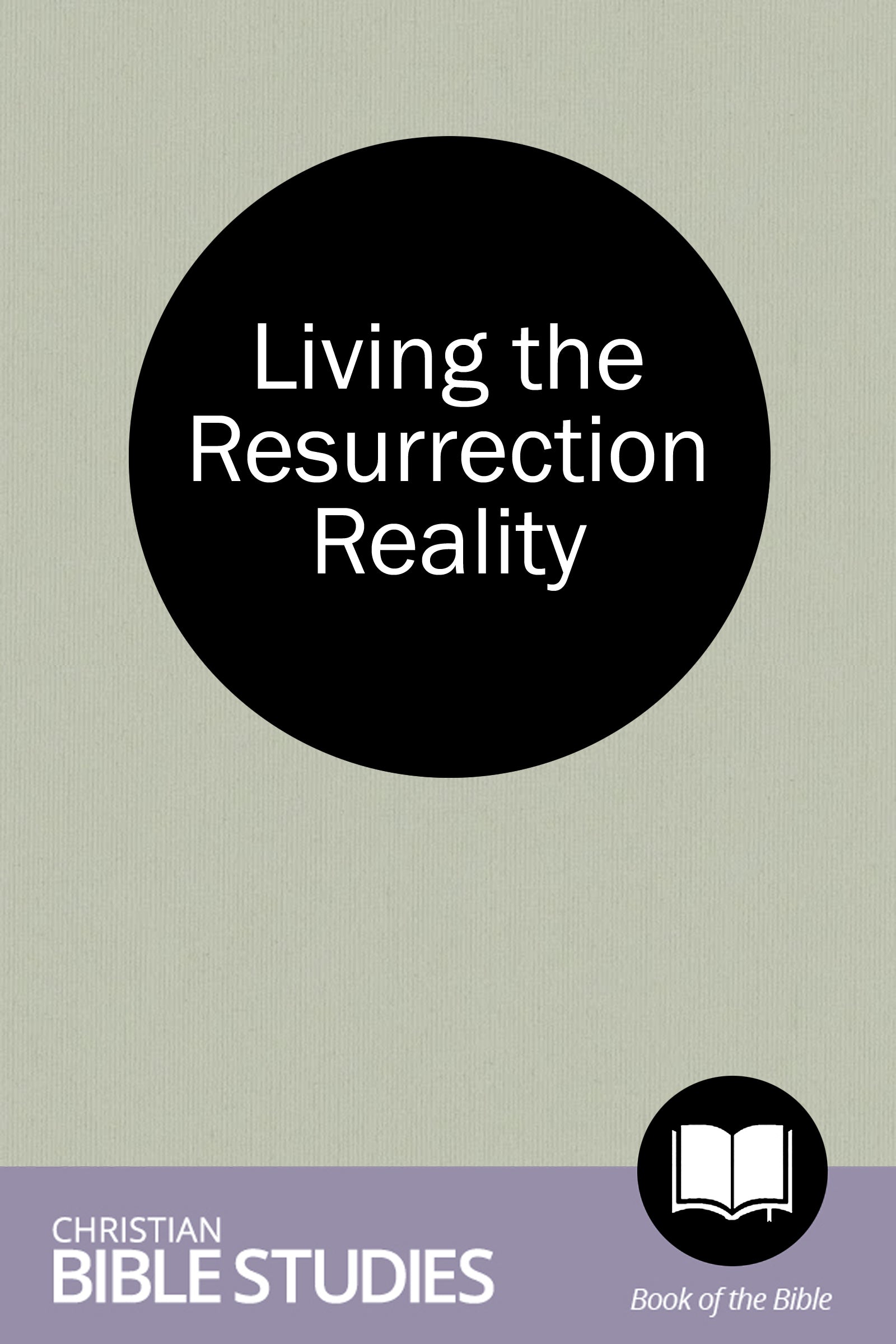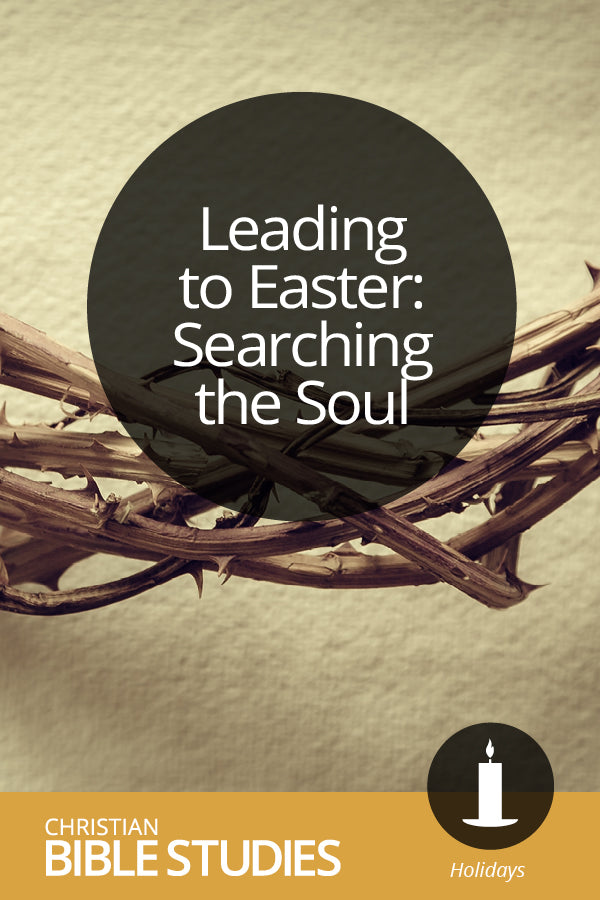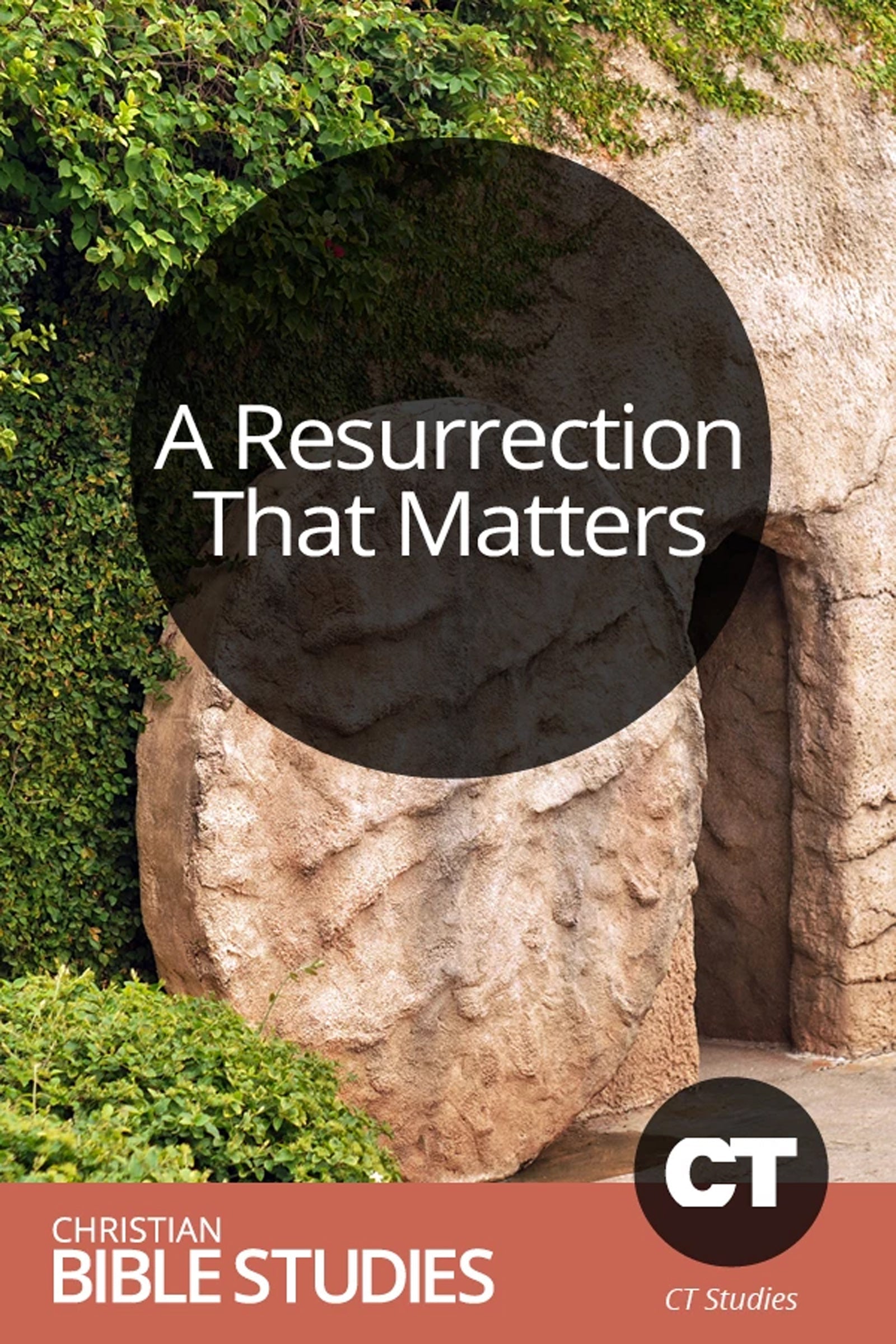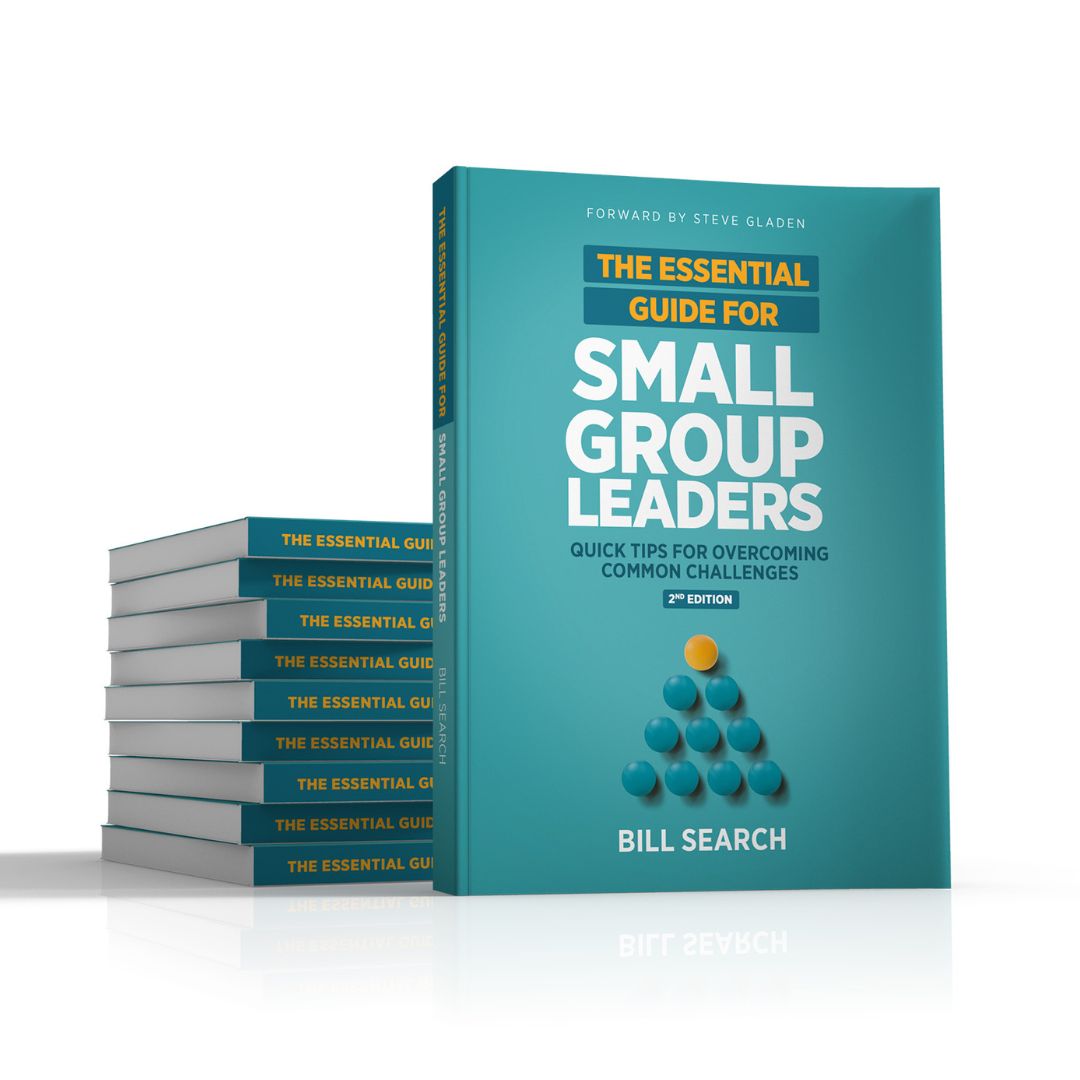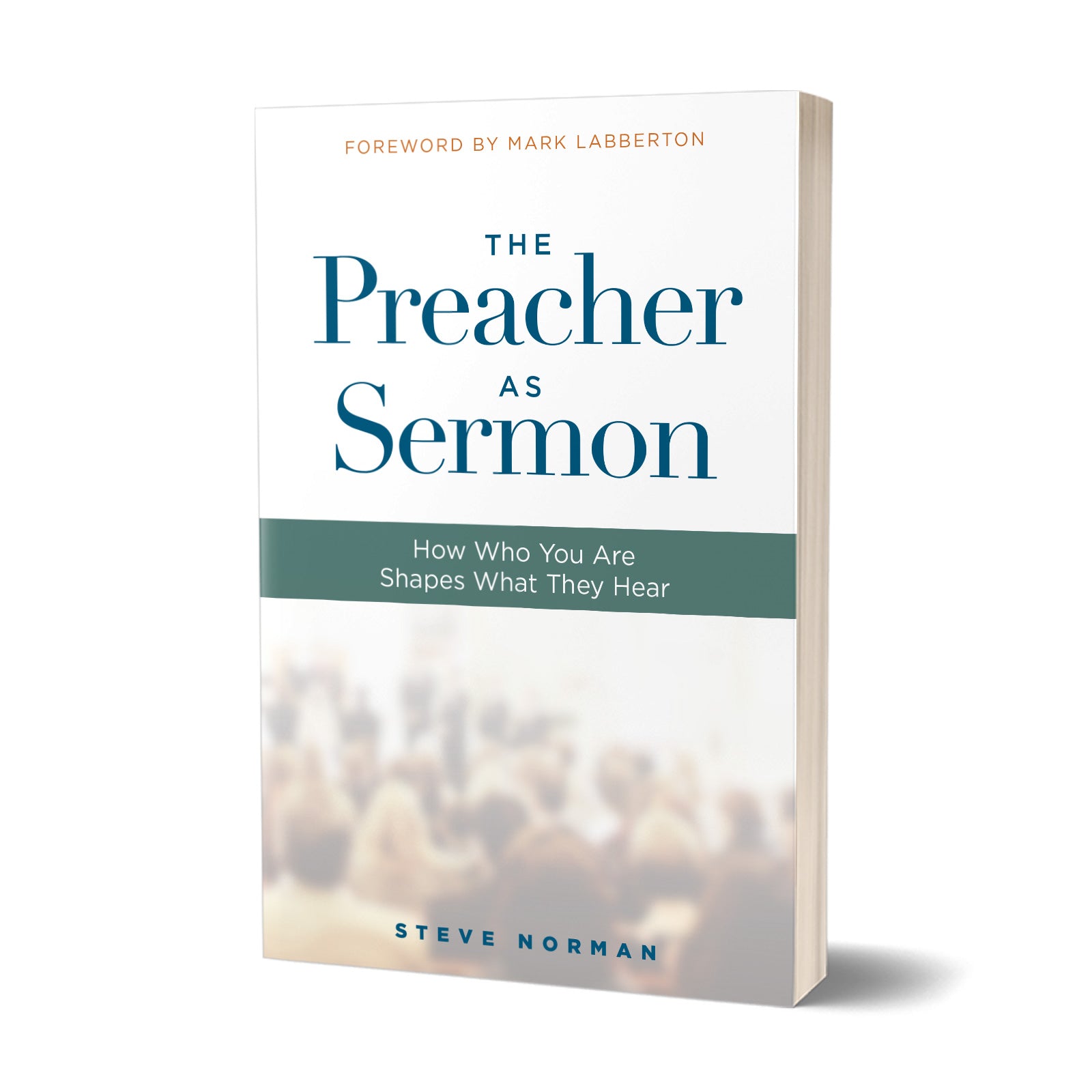Sometimes you just want to research one issue to find out what Scripture has to say on the topic. That's when our single-session studies come in handy.
Consider downloading all ten as a cornucopia of topics for your Sunday school, small group, or for personal study. As with all of our studies, you only have to download it once, and then can make as many copies as you need for your group or church.
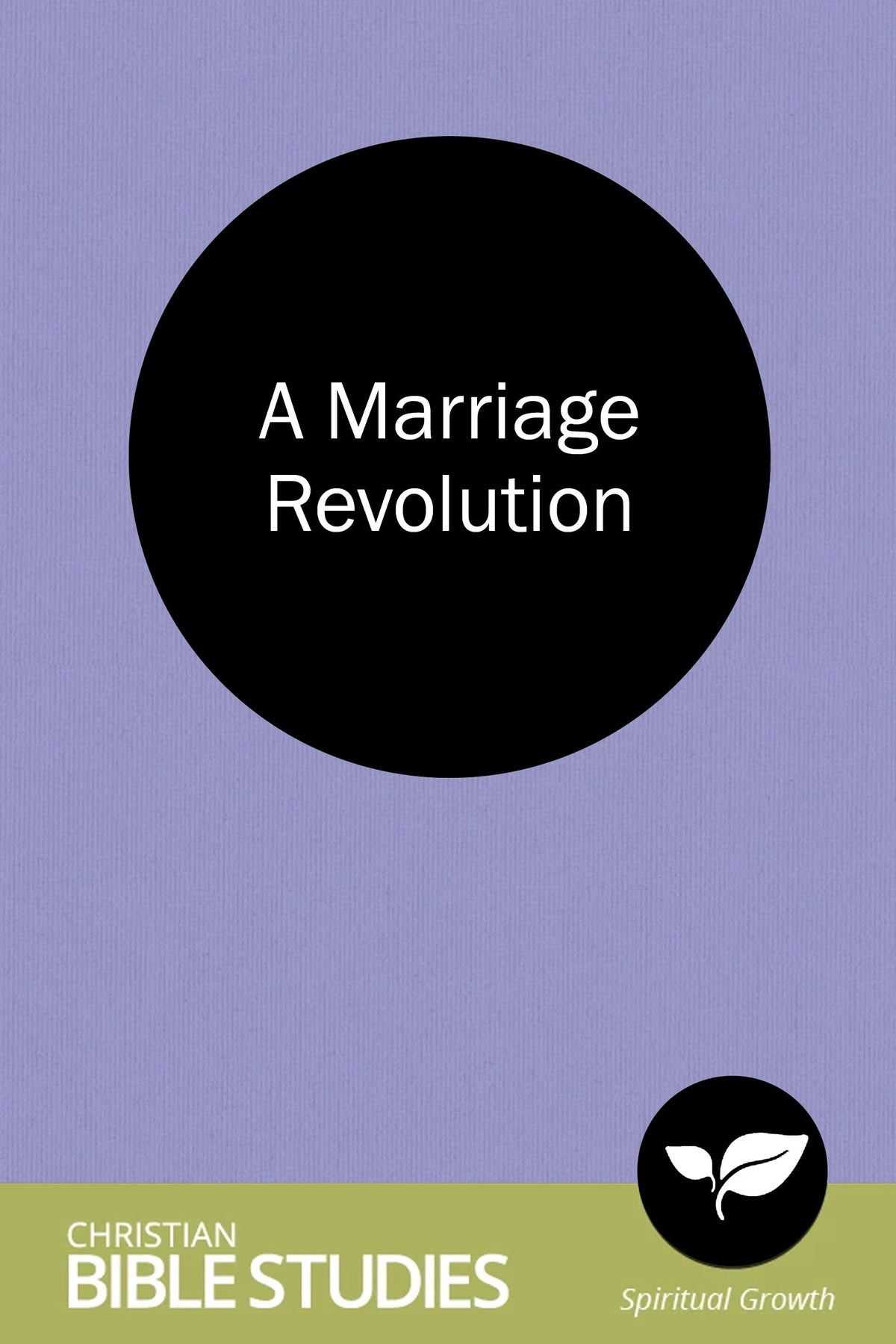
The statistics are enough to make anyone grieve: nearly half of all marriages end in divorce at some point. Increasing numbers of those divorces will be the second and third for individuals. And the most difficult part is that these statistics are true for Christians as well.
Christian marriage is misunderstood-even by Christians. What distinguishes Christian marriage from secular marriage? What are the biblical principles that support Christian marriage? How can we restore the sanctity of marriage in our society?
9. Glorify God Together: A Marriage of Purpose
A marriage centered on Christ is specifically focused on glorifying God, according to Rick Warren in his article entitled "The Purpose-Driven Marriage," written for Marriage Partnership. Our main purpose in marriage should be much greater than fulfilling our own wants and needs, or even the wants and needs of our spouse. Our main purpose in marriage should be to focus on being of the same mind, according to Jesus, so that with one accord and one voice we glorify God.
In this study, we ask: Why did God give us the institution of marriage? What is the purpose of marriage? How can our marriage bring glory to God? How can the marriage relationship help make us holy?
After sex, sports probably sells next best, even in Bible studies. The ancient Romans, long considered the gold standard for how sports-crazed a culture could be, were dilettantes compared to the sports fans of this century, says Shirl James Hoffman in the Christianity Today article "Whatever Happened to Play?" But do we give this massive part of modern life the philosophical and theological attention it deserves?
7. Learning to Appreciate Our Spouse
It's easy to focus on the aggravations, annoyances, and behaviors that frustrate or anger us in marriage. This can cause us to lose sight of the significant gifts of kindness and service our spouse gives us every day. If our attitude is critical or negative, we will miss much of the joy of married life. Rachael Philips, in her article for Marriage Partnership, suggests we should learn to appreciate the "daily behind-the-scenes good deeds of unsung spouses."
Why is it easier to criticize than encourage our spouse? How does negativity and criticism damage a marriage? How can a heart of appreciation deepen and strengthen a marriage? This study will explore how to train our hearts and minds to be thankful for our spouse.

Doctrine is not a four-letter word, though you might think so judging by how the larger culture and some evangelicals respond to it. Darren C. Marks says in his article for Christianity Today, "The word conjures in the modern mind a string of negative images … Vibrant Christians want little to do with it, and instead focus on spiritual disciplines, works of mercy, and authentic Christian living. Doctrine belongs to the past, when it was used mainly to divide believers."
Is this a fair summary, or have contemporary Christians missed a key building block of a faithful life? And if we have, how do we reinvigorate our theological knowledge while keeping our spiritual hearts warm? How do we nourish both head and heart to the glory of God?

The music fades and everyone leans forward to hear this beautiful couple's words of promise to each other. Standing before God, family members, and friends, they declare their love and commitment. After the wedding, the marriage begins. Many factors determine whether a marriage will be a strong one. The wise couple will not leave God at the altar but will invite him into their lives. God watches and waits, eager to respond to hearts that call to him. Marriage is a great time to seek God together.
4. The Myth of the Perfect Parent
What a relief to know that we don't have to be perfect parents! According to Leslie Leyland Fields in his article for Christianity Today, "The Myth of the Perfect Parent," Bible-believing parents have imbibed the philosophy of John B. Watson, an early 20th-century psychologist who boasted he could train any child. Christians often follow the same kind of behaviorism, giving it a Christian veneer with selected Bible verses. And yet many children in evangelical homes are not "turning out" the way we hope or expect. Our expectations of parenting are clearly off-kilter and need to be rethought. Faithfulness—not perfection—must be the goal in raising our children.
Sometimes prayer can feel like a quiet affair. We say the words alone, then try to divine the significance of each event in our personal lives. In the Christianity Today article "My Conversation with God," a skeptical professor begs God to use him in the life of a young student, and he receives a more powerful and challenging response then he had ever experienced before. What should we expect when we pray? What should we pray about? What responsibilities remain on us?
2. The Gospel, a Napkin, and Four Circles
Examine a new way of expressing the gospel especially designed to explain God's "Big Story" with diagrams simple enough to be drawn on a napkin at a coffee shop. Today's young people do not look at the world as their parents did, so the way we express the gospel to them needs to be rethought. But how do we express the gospel in a new way without losing the heart of the gospel — that Jesus Christ's death and resurrection saves those who trust him from the death and judgment that their sins surely bring?
James Choung, an experienced campus ministry worker with InterVarsity Christian Fellowship in San Diego, has shaped a gospel presentation that can be sketched on a napkin, using four circles that explain the essence of the gospel. What is different from earlier napkin tools is where it begins—with God's good creation—and where it ends—Christians building the kingdom of God here on Earth. Use this study and Christianity Today article to learn how to share a better understanding of the gospel message.
1. A Resurrection That Matters
One of the hallmarks of evangelical faith is that we are cruci-centric, or "Cross-centered." And that's not a bad thing. Rather than focusing the Christian life on merely the example of Jesus' life and earthly ministry, evangelicals look to his death as the sine qua non of our salvation. Without Jesus' death, there is no access to heaven for sinners and no hope for lasting moral improvement. Author J. R. Daniel Kirk, tells us in his Christianity Today article, "A Resurrection That Matters," that he was a leader in his InterVarsity group in college and had much the same Cross-centered outlook. Yet he came to realize that his theology was missing something very important—the Resurrection. "One day as I was walking back to my dorm," Kirk says, "it dawned on me that the gospel as I understood it had no need for Jesus to be raised from the dead." Does your gospel have room for the Resurrection? This study will help show you why it should.











